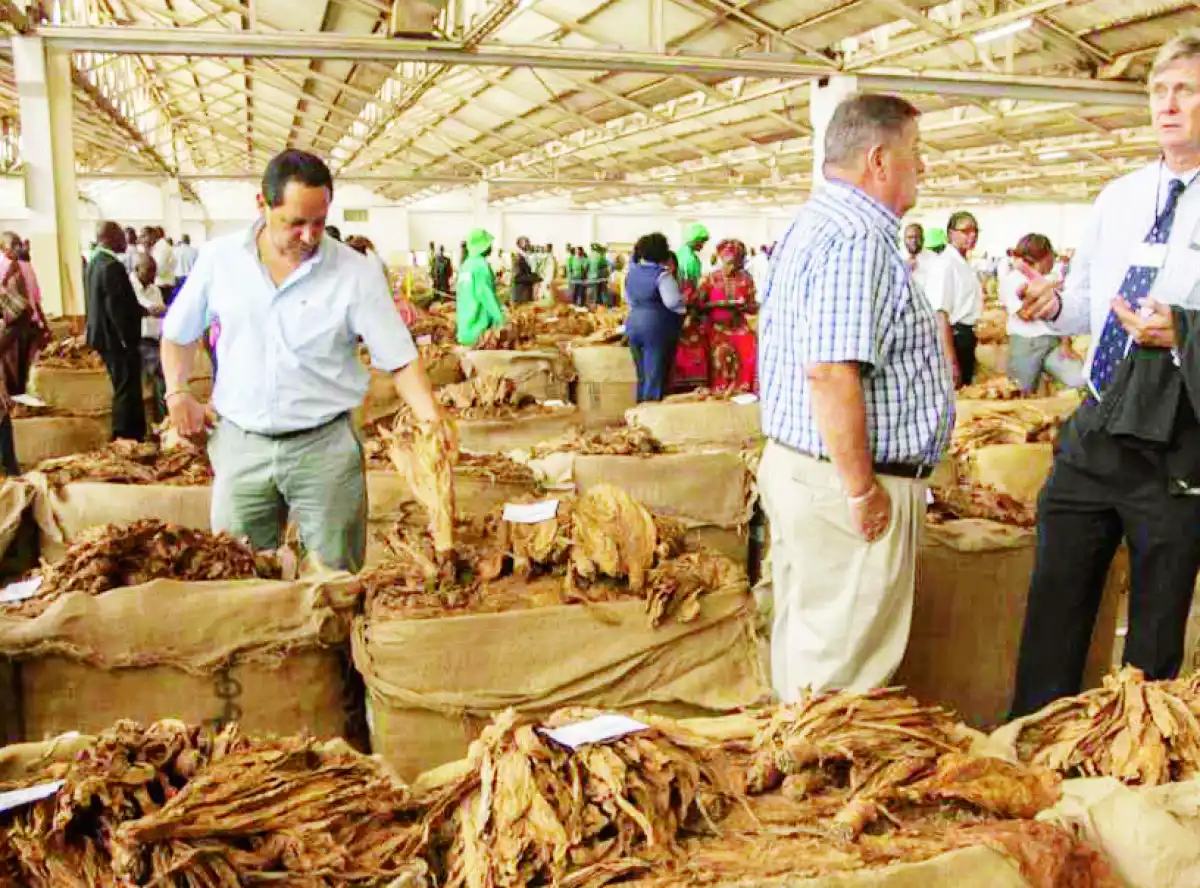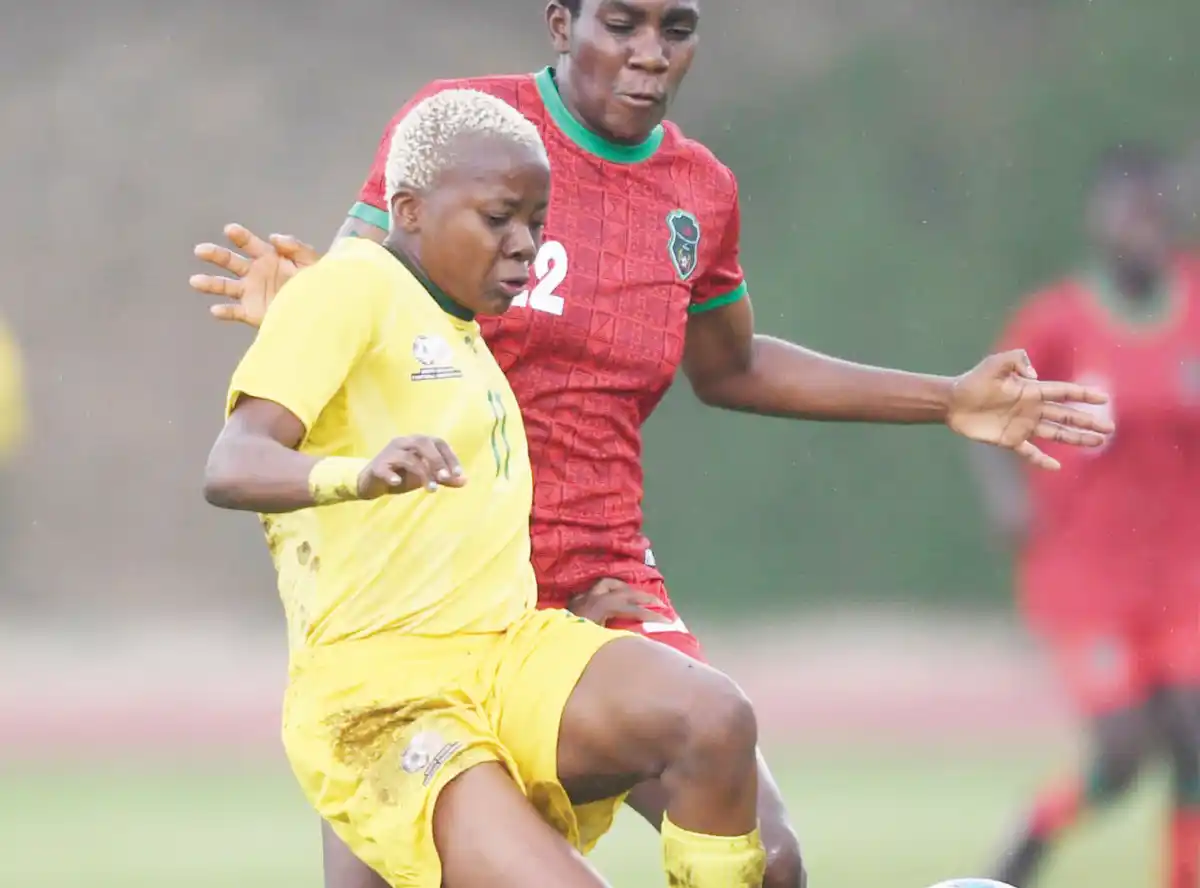
Jane Nkhoma, 35, trudges reluctantly down the dusty path to Livudzu River, her heart heavy with exhaustion and despair.
She gave birth hours ago at Makhwira Health Centre in Chikwawa District and now faces the hygienically unsafe task of washing herself in the river.
Every step feels like a mile, her body aching from the labour and her spirit burdened by the grim reality of her circumstances.
She carries blood-stained clothes and wrappers that bear witness to the miracle of her child’s birth.

The health facility lacks ablution rooms, leaving her with no choice but to seek solace in the river.
As Nkhoma approaches the riverbank, she hesitates as her mind races with worry and frustration.
“Where should I go? Upstream or downstream?” she asks herself.
Downstream, villagers from Chikuse, Kasambwe, Sapa and Nyalombo villages in Traditional Authority Makhwira use the water for drinking, cooking, bathing, washing and for irrigating their crops.
The water that nourishes their crops and sustains their lives has, on many occasions, been a source of cholera outbreak and other diarrheal disease.
Nkhoma walks further upstream, hoping to find a spot that felt a little safer, a little more private.
As she washes herself, she thinks of her new-born baby, lying in a makeshift crib at the facility, and fear grips her.
Makhwira midwife technicians King Chris and Peter Sefasi confide that ablution facilities at the health centre were demolished to pave way for its expansion.
The facility is being upgraded into a rural hospital and new buildings are being erected, some old ones demolished.

“We hope very soon all this will come to an end,” assures Chris.
Chikwawa safe motherhood coordinator Nyson Sekani says the problem of lack of water, sanitation and hygiene facilities is widespread in the district.
At Nchalo Hunger Health Centre, bathrooms and pit latrines are also in bad shape and some have broken doors, rendering them unusable.
Gaga Health Centre is not better either.
The bathrooms and pit latrines are also in deplorable state.
The facility in-charge, Brenda Mpemberera Goba, says a storm blew away the bathroom roofs, making it a challenge to maintain hygienic standards.
Every day, she sees women like Nkhoma struggle to find privacy and cleanliness in a place meant to provide care and safety.
“Our bathrooms do not have roofs and are so short that tall women have to bend to bathe,” Goba explains.
She asks well-wishers to help them build new toilets and bathrooms.
A 45-year-old Titha Kaletso from the same area prefers to bathe in the open space at night because most health facilities lack decent bathrooms.
“When I give birth at a health facility, I take my bath in the open space at night,” says the mother of five.
Kaletso’s voice trembles with frustration and sadness as she speaks about the indignity of it all.
“We are already vulnerable after giving birth,” she says. “To be forced to bathe in the open or in filthy conditions is degrading and unsafe. Our humanity and privacy are compromised.”
King says poor sanitation spreads diseases like cholera and dysentery which are particularly dangerous to infants as their immune systems are yet to develop.
“Inadequate hygiene practices could result in postpartum infections, potentially fatal if not treated promptly,” he adds.
Goba says comprehensive measures are needed.
She explains: “Investment in the infrastructure of health centres, construction of proper bathrooms with roofs, running water and adequate drainage systems are critical. And, ensuring these facilities were equipped with disinfectants is crucial for maintaining hygiene.”
As Nkhoma finishes bathing and walks back to the health centre, she feels a mixture of relief and frustration—relief that she has completed the task, but frustration at the indignity of it all.
As she walks, she dreams of a day when her daughters and granddaughters will not have to make this same journey.
The 2024 Mother’s Fun Run (MFR) is advocating for dignified birth experience for women like Nkhoma in Chikwawa District.
MFR—a safe motherhood initiative by Nation Publications Limited—is geared to raise K300 million for drugs, equipment and Wash facilities for Chikwawa District Hospital and its health facilities.
Apart from lack of Wash challenges, Chikwawa health facilities also face acute shortages of drugs, staff and equipment such as BP machines, suction machines, kiwi vacuum extractor, penguin suckers, wheelchairs, weighing scales and others.
Join the race to restore dignity to mothers in Chikwawa.
Be part of rewriting Chikwawa’s safe motherhood history.








0 Comments